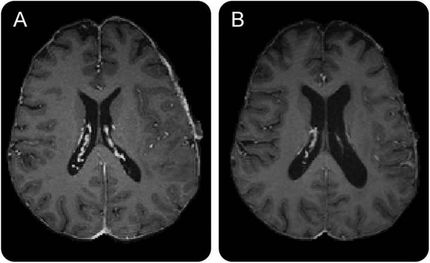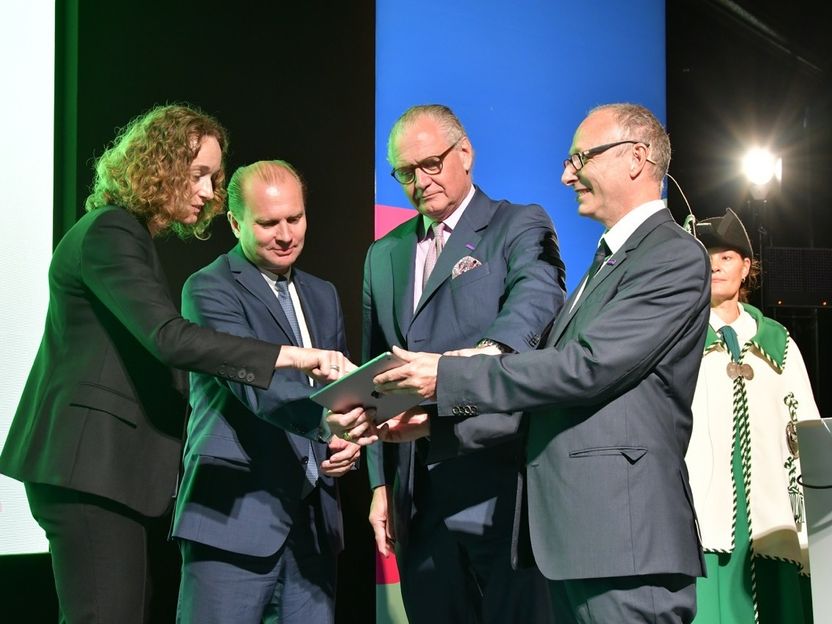With HMGB1's help, cells dine in
Like some people, cells eat when they are under pressure — but they consume parts of themselves. A multi-function protein helps control this form of cannibalism, according to a study in the Journal of Cell biology.
Cells often respond to hunger or stress by digesting some of their contents. The process, known as autophagy, helps free nutrients and clean up cytoplasmic trash such as worn-out organelles and misshapen proteins. A team led by researchers at the University of Pittsburgh Cancer Institute discovered a link between this form of cellular recycling and the protein HMGB1. The team showed HMGB1 to be a critical pro-autophagic protein that enhances cell survival and limits programmed cell death.
The findings suggests that blocking HMGB1 could benefit cancer patients, since tumor cells often rev up autophagy to withstand chemotherapy, immunotherapy, and radiation treatment.
Original publication: Tang, D., et al. 2010.
Other news from the department science

Get the life science industry in your inbox
By submitting this form you agree that LUMITOS AG will send you the newsletter(s) selected above by email. Your data will not be passed on to third parties. Your data will be stored and processed in accordance with our data protection regulations. LUMITOS may contact you by email for the purpose of advertising or market and opinion surveys. You can revoke your consent at any time without giving reasons to LUMITOS AG, Ernst-Augustin-Str. 2, 12489 Berlin, Germany or by e-mail at revoke@lumitos.com with effect for the future. In addition, each email contains a link to unsubscribe from the corresponding newsletter.





















































